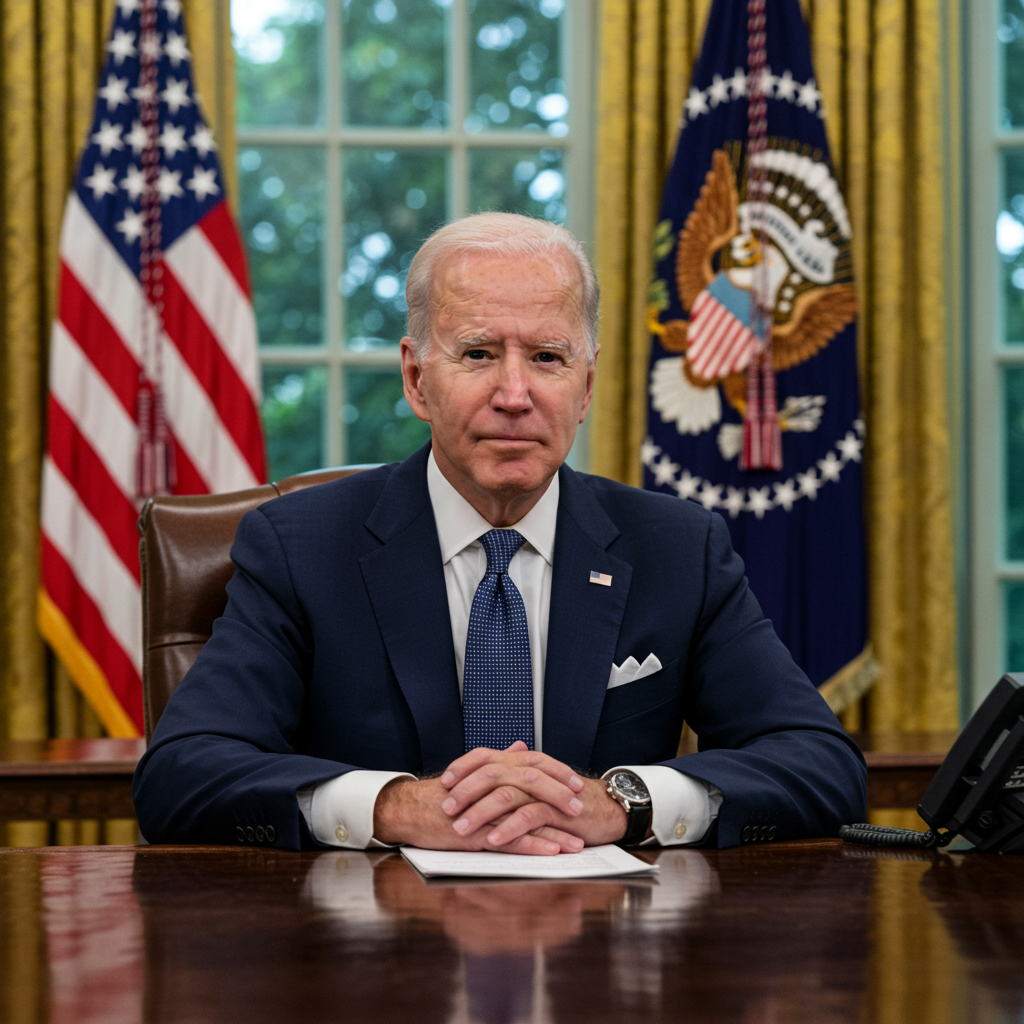The tragic disappearance of six-year-old Joshlin Smith from her home in Saldanha Bay, South Africa, has gripped the nation for over a year. The case recently culminated in a deeply emotional sentencing hearing where Joshlin’s mother, Racquel “Kelly” Smith, along with her boyfriend Jacquen Appollis and friend Steveno van Rhyn, received life sentences for human trafficking. Despite the convictions, the central heartbreaking mystery remains: Joshlin is still missing.
Handed down by Judge Nathan Erasmus, the life sentences for trafficking were accompanied by concurrent 10-year sentences for kidnapping. Judge Erasmus noted the profound negative impact the crime had on the Middelpos community where Joshlin lived and remarked on the accused’s apparent lack of remorse.
Emotional Scenes Unfold in Court
The courtroom was filled with grief during the hearing. A video clip showing a laughing Joshlin was played, reducing many to tears, including the court interpreter who struggled to translate powerful victim impact statements. These statements, read first in Afrikaans by a court official, came from those closest to Joshlin: her grandmother, a family friend who had wanted to adopt her, and her teacher. They expressed their pain and bewilderment that a mother could sell her own child.
Joshlin’s grandmother, Amanda Smith-Daniels, delivered a devastating statement, directly questioning her daughter: “How do you sleep [and] live with yourself?” The enduring hope for Joshlin’s return was captured in a poem written by the 14-year-old daughter of the family friend who longed to see Joshlin again, their “flower,” their “green-eyed child.”
While Racquel Smith and her co-accused chose not to testify during the eight-week trial held in a community centre to allow public attendance, Smith reportedly sobbed uncontrollably while hearing the statements and watching the video of her daughter.
Allegations: Sold for Money and Ritual
Evidence presented during the trial painted a grim picture of the motive. Prosecutors argued Joshlin was sold into slavery, a theory supported by the trafficking conviction. Testimony suggested Racquel Smith, who struggled with drug addiction, needed money.
More chilling allegations emerged:
A state witness, Laurentia Lombaard, testified that Smith confessed to selling Joshlin to a traditional healer, known as a “sangoma,” who wanted the child specifically for “her eyes and skin.”
A local pastor testified he had heard Smith discuss selling her children for 20,000 rand ($1,100; £850) each, later indicating she would accept as little as $275.
- Joshlin’s teacher alleged Smith claimed during the search that her daughter was “on a ship, inside a container, and they were on the way to West Africa.”
- https://www.bbc.com/news/articles/cdxk480g75qo
- https://www.yahoo.com/news/tears-heartbreak-over-tragic-story-020123537.html
- https://www.bbc.com/news/articles/cj93yvr3n1xo
- https://dailynews.co.tz/tears-and-heartbreak-over-tragic-story-of-south-african-girl-sold-by-her-mother/
- https://www.adomonline.com/tears-and-heartbreak-over-tragic-story-of-south-african-girl-sold-by-her-mother/
A Troubled Life Before Disappearance
Details revealed during the trial and sentencing highlighted Joshlin’s challenging upbringing. Born in October 2017, she and her older brother reportedly suffered neglect. Their mother, Kelly Smith, had battled severe substance abuse since age 15, with social workers describing her as often abusive when high. Smith had been kicked out by her own mother due to drug use and had even threatened her son. A social worker’s report for the sentencing painted a stark picture of Smith’s addiction around the time of Joshlin’s birth, noting she took five months to legally register the birth, far beyond the required 30 days. She had also intermittently stayed at a shelter for abused women.
Joshlin lived with her mother, mother’s partner, brother, and younger half-sister in a small, cramped corrugated iron shack in the impoverished Middelpos informal settlement. Smith did odd jobs, sometimes paid with groceries to ensure her children had food. Despite this troubled environment, some witnesses reportedly described Smith as a good mother.
A family friend, Natasha Andrews, stepped in to care for Joshlin when Smith was in rehab and she and her husband had hoped to adopt her in 2018, believing they could provide a better life, but the parents refused. Joshlin continued to visit the Andrews family frequently for weekends and holidays; the emotional video shown in court was from one of these visits.
The Day Joshlin Vanished
Details about the day Joshlin went missing (February 19, 2024) emerged, partly through the testimony of state witness Lourentia Lombaard, who was at the shack smoking drugs with Appollis and Van Rhyn. Joshlin and her brother stayed home from school due to a lack of clean uniforms. They were mainly left in the care of Appollis while Smith was in and out. The disappearance occurred sometime in the afternoon, but due to the preoccupation of the adults present, it was not reported to the police until 9:00 PM.
A social worker who compiled a report on the accused described Racquel Smith as “manipulative” and prone to telling “bald-faced lies,” concluding it was likely she was the “mastermind behind the trafficking of her own daughter.”
National Impact and Ongoing Search
Joshlin Smith’s disappearance caused shockwaves across South Africa, capturing national attention to an unprecedented degree, likened by criminologist Bianca van Aswegen to the high-profile international case of Madeleine McCann. Ms. Van Aswegen, national co-ordinator at Missing Children South Africa, noted that while the convictions offer some relief, the lack of knowledge about Joshlin’s whereabouts remains the “big question that South Africa is still asking.”
Ms. Van Aswegen highlighted that Joshlin’s case reflects a growing, often underreported, child trafficking crisis in the country. Statistics from IOL indicate that 632 children were reported missing last year in South Africa, and 8,743 over the past decade, although many are eventually reunited with their families.
Despite the bleak circumstances and the severe sentences handed down, the search for Joshlin continues. Police have vowed to search “day and night,” potentially extending their efforts beyond South Africa’s borders, promising not to rest until her fate is discovered. This unwavering hope is mirrored by the Andrews family and others who knew and loved Joshlin, clinging to the possibility that their “flower” might one day be found safe.



